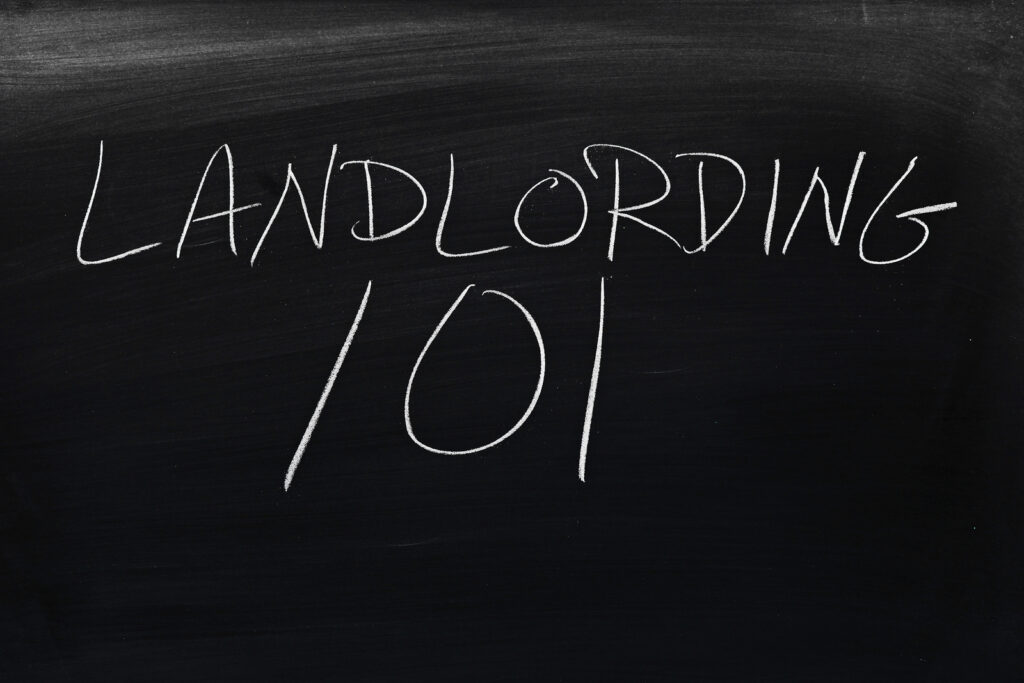
Property managers and landlords often contact me looking to evict a tenant from their property with relatively no understanding of the process. Inevitably frustrated, they are seeking guidance on the do’s and don’ts, how’s and when’s.
While the eviction process can sometimes be daunting for a landlord, it’s always good to know your legal rights as a property owner, and the steps to take in order to evict a tenant.
To provide some clarity on the eviction process, I’ve provided some responses to the most frequently asked questions.
Q: Can I get utilities in a suit for eviction?
A: An eviction proceeding may be joined with a claim for unpaid rent up to the date of the judgment, if not more than $10,000 (the jurisdictional limits of the Justice Court). You also may be able to obtain a judgment for court costs and attorney’s fees. Unfortunately, you cannot recover a judgment for unpaid utilities, late fees, repairs, or any additional sums allowed in the lease. To obtain a judgment for these amounts, you may bring a civil suit in a separate action against the tenants.
Q: How do I collect on the judgment ordered in a suit for eviction?
A: There is no promise that the judgment debtor will ever pay the amounts awarded in a judgment awarded on a suit for eviction. But the judgment will attach to the debtor for 10 years, thereby effecting the debtor’s credit and ability to rent in the future. You may also abstract the judgment in any or all counties in the state of Texas, thereby creating a lien against any real property the debtor may own.
Q: What information do I need to evict a tenant?
A: Although not required to evict a person from the property, the more information the better! Along with the tenant’s name, I request the tenant’s social security number, driver’s license number, and date of birth. This allows a thorough search of the tenant’s military status and helps to attach the judgment against the right person. If you have a lease with the tenant, the judge will want to see the contract at trial. An accounting ledger proving the amounts both owed and paid by the tenant is highly recommended.
Q: What can I evict a tenant for?
A: Aside from non-payment of rent, a landlord may evict a tenant for lease violations, criminal activity, property damage, holdover after termination of a lease, unauthorized entry (squatters), and anything else specifically set out in the lease.
Q: How long does the eviction process take?
A: The timeline varies depending on the lease and type of tenancy, but the process typically takes about 3 or 4 weeks. A Notice to Vacate must give 3 days notice, 10 days if you seek attorney’s fees, unless otherwise stated in the lease. Under certain conditions, a Notice to Vacate may require 30 days notice. The Eviction must be served on the tenant, and a trial cannot be sooner than 10 days after petition is filed, and 6 days from service of the eviction, and no more than 21 days after the petition is filed. After an eviction is granted, the tenant has 5 days to leave the property or file an appeal.
Q: What happens if the tenant refuses to move out after winning the eviction trial?
A: After the judge has awarded a judgment for possession, the tenant has 5 full days to appeal. During this time, the landlord must wait before seeking a writ of possession. After 6 days, the landlord may seek a writ of possession. The writ of possession may take more than 72 hours
Q: What if the tenant appeals the Justice Court’s decision?
A: If the tenant files an appeal, but no bond, deposit, or sworn statement is timely filed, then the landlord may move forward with a writ of possession after 6 days from the judgment for possession. If the tenant pays the appeal bond or an affidavit of inability to pay, and one month’s rent into the court registry, a trial de novo (a new trial) will be conducted at the County Court.
Q: Can I be countersued if I file a suit for eviction?
A: No. The only issue in a suit for eviction is the right of possession. However, an eviction suit may be joined with a claim for unpaid rent up to the date of the judgment, if not more than $10,000 (the jurisdictional limits of the Justice Court).
Q: If I lose the eviction, am I responsible for the tenant’s attorney fees?
A: The prevailing party in an eviction suit is entitled to recover reasonable attorney’s fees.
Q: What is a writ of possession?
A: A writ of possession is an order by the court, that may not be issued earlier than the 6th day from judgment on eviction, directing the constable to instruct the tenant to leave the premises. If the tenant does not move, the writ authorizes the constable to hire a warehouseman to remove the property from the premises.
While this is by no means a comprehensive or detailed guide to evicting, I hope that these FAQs have provided some general information in the event that you are needing to evict.
I’m here to help. You can email me directly, or call my office at
817-900-9160.
